In this article, I discuss habits to help you have thriving relationships by building and maintaining a strong relationship friendship.
In my last article, I discussed one of the keys to having thriving relationships—learning and practicing habits to allow you and your partner to discuss issues constructively. In this article, I will discuss habits which will help you and your partner to have a solid relationship friendship. Practicing habits in these two important areas is fundamental to having a good relationship according to Dr. John Gottman, creator of the ‘Sound Relationship House’ model of relationships.
Friendship habits and your relationship’s emotional bank account
According to Dr. Gottman, having a solid relationship friendship results in you and your partner making deposits of positivity to your relationship’s ‘emotional bank account’. Having a positive balance in this account leads to you and your partner having an ongoing positive view of each other and the relationship. This positive perspective not only leads to more frequent positive emotion experienced by both of you, it also makes it easier to use the skills to discuss issues constructively which I detailed in my last article by generating a buffer against negativity. Dr. Gottman refers to this buffer as ‘positive sentiment override’.
Habits which target the key elements of the relationship friendship
Habits which will help you and your partner to have a good relationship friendship include:
- Gather knowledge of each other. Dr. Gottman’s concept of ‘love maps’ refers to each partner having in-depth knowledge of the other. This includes knowing facts about each other such as your likes and dislikes, being in tune to recent and upcoming positive and negative events in your lives, having knowledge of each other’s proud and difficult experiences from the past, and being aware of each other’s goals, hopes and dreams for the future. Making it a habit to have regular discussions to acquire this knowledge builds love maps which contribute to having a strong relationship friendship.
- Build your relationship’s fondness and admiration system. Making it a habit to express fondness and admiration toward each other will nurture the second component of your relationship friendship. Engaging in verbal and nonverbal expressions of fondness and admiration focuses on each partner letting the other know how much they appreciate them. This includes expressing appreciation for how you have benefited each other through actions and for having characteristics which you value and admire.
- Practice turning toward each other by making and accepting bids for connection. Dr. Gottman stresses the importance of ‘turning toward’ each other as the third component in having a good relationship friendship. The closeness nurtured by turning toward is facilitated by both partners making frequent bids to connect with each other through activities, conversations and expressions of physical affection. Making a habit out of making bids to connect with each other and in responding by accepting each other’s bids will keep the turning toward element of your relationship friendship in good working order.
In my next article, Part 3 of my discussion of habits to make your relationship thrive will focus on how to use Dr. Gary Chapman’s concept of the five love languages. I use the concepts of Drs. Gottman and Chapman in my work with clients in couples counselling and relationship counselling as a Calgary psychologist and a Cochrane psychologist.
May you learn and practice habits to foster a strong relationship friendship,
Dr. Pat

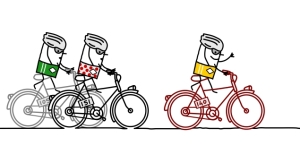
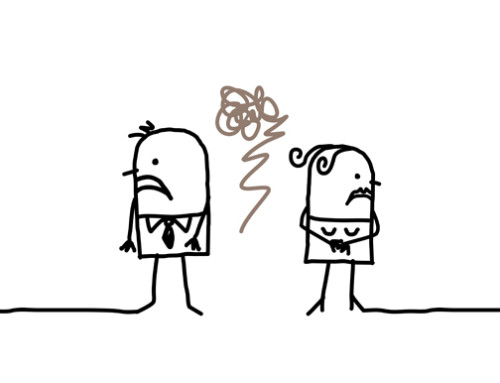
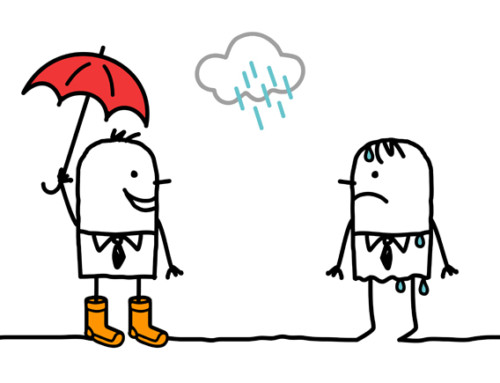
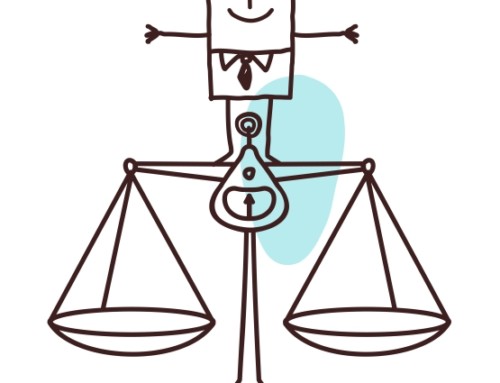
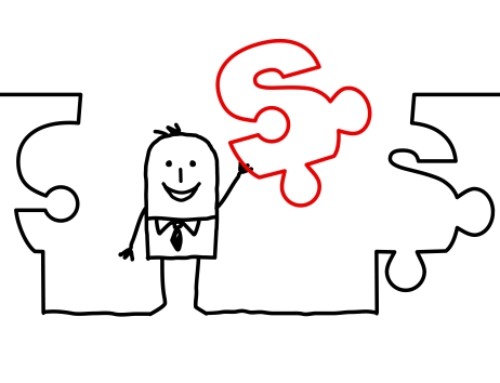
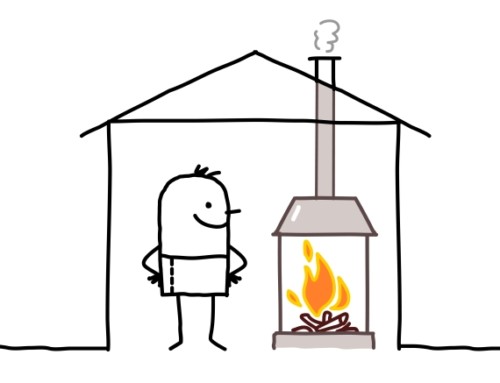
Leave A Comment